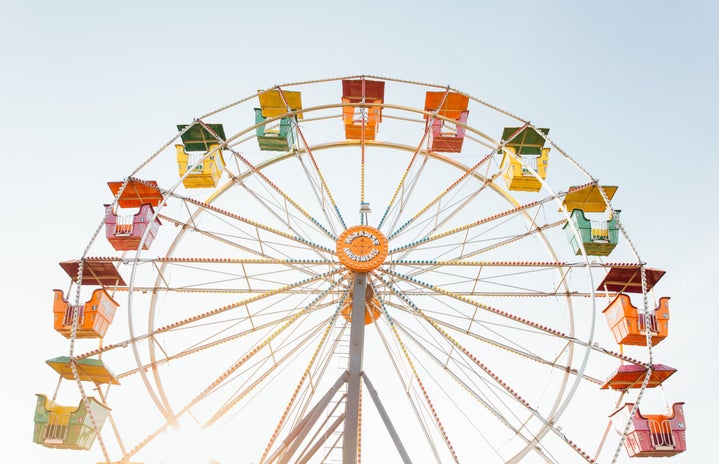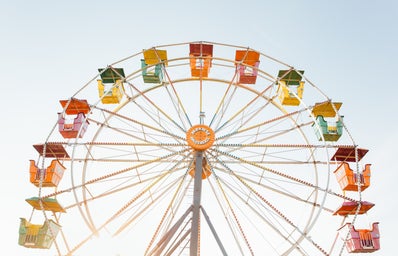On the 25th of November this year, Tolstoy Marg in New Delhi hosted an extravaganza to celebrate the joy and pride of individuality, and the unity in differences. To many, Pride Parades in Delhi and elsewhere have been about “the other people”. Those with an opinion of this kind often maintain their distance from such events.
However, one only needs to turn a page in a textbook of social psychology to understand that most of our long-standing social issues have stemmed from the othering of people who seem unlike us. This rhetoric of ‘them versus us’ has given rise to prejudices and stereotypes which have furthered the divide between people. The reduction of physical and ideological distance between communities can lead to understanding, empathy and harmony. I went to the parade this time as a cis, straight woman to partake in the joy and celebration of my fellow country people as they rejoiced their legal emancipation from the 377.
The happiness and love at the event was infectious. The sound of drums beating never once left the parading masses. There was dance and music, and street food stalls were set up at every few paces. There were effusive thank-yous to the Supreme Court, splattered on many posters. Some marchers carried posters which were ridiculously genius: They referenced all things taboo and were intended to make a conservative feel as uncomfortable as possible. Growth, even of mindsets, has never happened in a place of comfort anyway.
At the parade, I saw people I never see on ordinary days. Or maybe I do, but they’re under the garb of something they’re not, something society is more likely to accept. But at Pride, there was no gender on that street, no presumptions about who is what. People wore saris, skirts, unicorn onesies, makeup and stripper heels, regardless of which box they had been confined to by society. People were sharing passionate kisses, and I don’t think they cared about danger. They cared only about love.
I had a very hard time trying not to tear up. But I stayed on the sidewalks, not once breaking down. As much as I empathise and understand their history of being ostracised and discriminated against, I knew that this day was their celebration. It was for anyone who is mistreated by our rigid society. I only wished they didn’t have to hide away for the rest of the year, simply because they are non-normative. I wished that the verdict of 377 permeate into the attitudes and behaviours of people as well, and they understand that differences are part of the whole that is human.
There were also certain individuals there who had come to observe the spectacle of it all, but not for its underlying meaning or history. For these people, the Pride was equivalent to a trip to the city’s zoo, where they could see exotic species they could not find around them. I overheard some men whispering in part-excitement, part-contempt: “arre dekho kinnar aa raha hai”. I wish they knew better.
If our society progresses like it is at present, soon every day will be of pride and upliftment. Perhaps we will stop punishing sections of our people for centuries at length, so that they don’t have to take to the streets to assert their authenticity and beseech the world for their rights. Perhaps, one day, every child will be born with rights to their identity and rights to become exactly whoever they want.
Edited by Vasudha Malani



